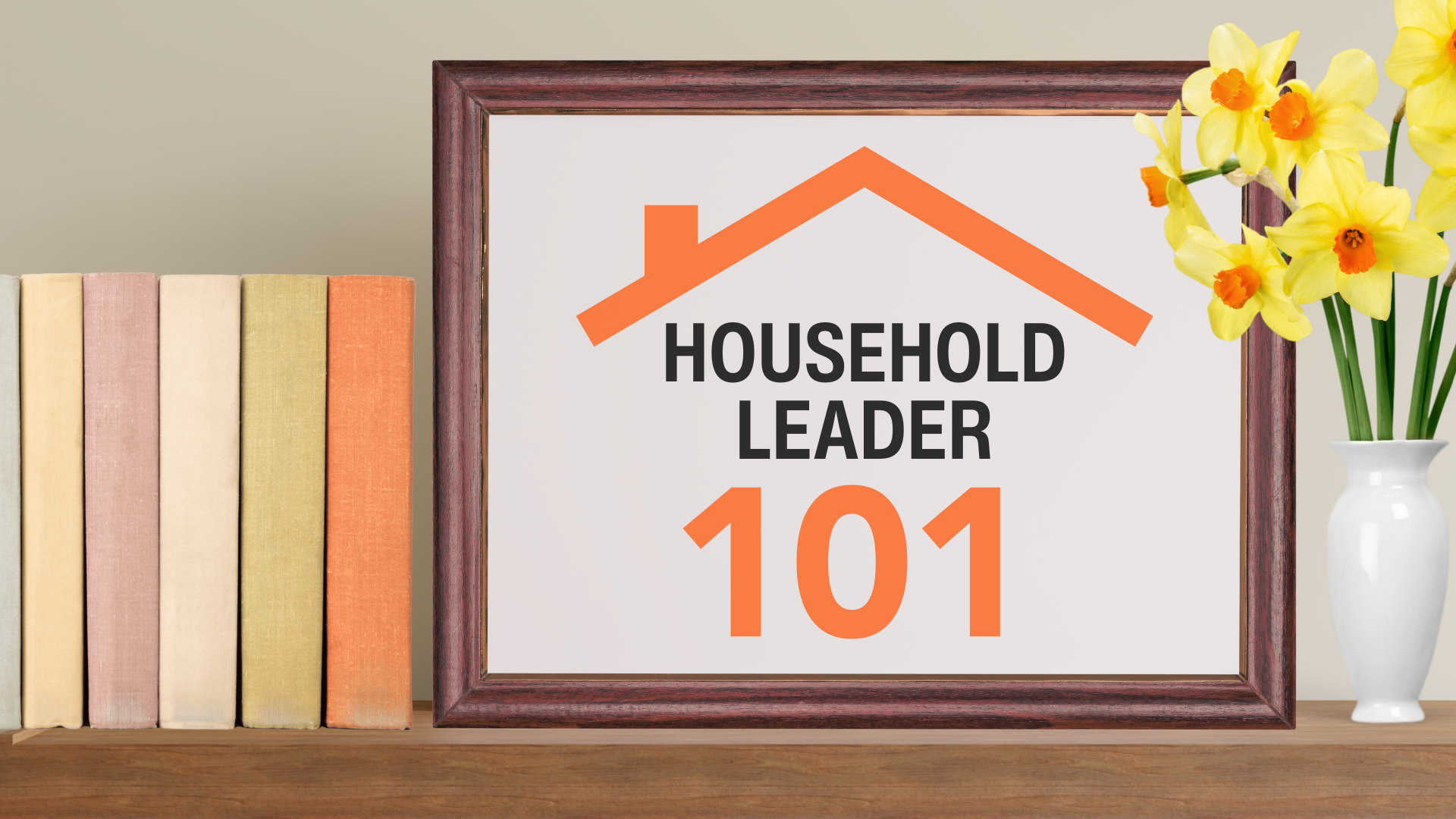
Household Leader 101
A comprehensive, self-directed, multi-track learning program for Household Leaders. This 40 hour remote/online course can be taken at your own pace over 3 - 6 months.
In the household, every staff member shares responsibility for creating the best possible quality of life within. Primary accountability for molding individual and team efforts and organizing household resources to achieve the goals lies with the appropriate household leader (typically the household coordinator, the clinical coordinator, and the lead homemaker.)
Much like the organization’s administrator, the household coordinator is accountable for a broad range of daily operations requiring an equally broad set of competencies.
Much like the organization's DON, the clinical coordinator has broad responsibilities and obligations for assuring quality of care for each and every resident in the household.
Building teams … fostering leadership skills in self and others … managing financial resources and HR functions … facilitating communications throughout the household and among community leaders … insuring QAPI … overseeing the household’s implementation of the organization’s emergency plan … nurturing continuous learning among staff –building competencies within the team - all are part of the work of the leadership team of a household, guided by the partnership of household coordinator and clinical coordinator.
The household coordinator, the clinical coordinator, and the lead homemaker must together have a firm grasp and shared vision of what makes a true home. That is, one that honors resident-directed life and creates a rewarding work environment
for staff.
It’s imperative that household leaders have easily accessible and comprehensive training in all these areas if the transition to resident-directed life is to succeed. That’s why Action Pact has adapted its proven Household Leader INTENSIVE to an interactive, online training program specifically for household leaders - and with a TRACK for each contributing position.
One very specific aim is to illuminate the role of household coordinators in creating the new environment, and help them develop the skills they need to lead, coach, guide, and problem solve along the way,” explains LaVrene Norton, Action Pact Executive Leader. This is uniquely needed for the household coordinator position as it has not existed in traditional, institutional organizations. And yet, the richness of this position contributes to all household leaders being better aligned - and the individuals in those positions, more satisfied working as a team.
The curriculum includes four courses – physical environment, organizational structure, interpersonal relationships, and resident-directed life. There are 21 online lessons, of which 10 are located within the first semester. Students working at their own pace, usually complete the course within 4 - 6 months. The lessons bring together expertise and insights gained from two decades of Action Pact and its clients operating in the Household Model.
Learners will have the opportunity to interact directly with Household Model pioneers proficient in staff positions such as household coordinator, nurse, CNA, social worker, therapeutic recreation, dementia care, and administrator. They will receive one-on-one guidance, answers to questions, discussion to assist them in integrating their new knowledge into their work, and additional resources to address individual needs and concerns.
“It’s an experiential approach designed to bring new knowledge and confidence to both the leader in training and the entire household team … it will help infuse the household with new opportunities for resident-directed life,” says Action Pact Consultant Linda Bump, MPH, RD.
“Staff’s improved self-confidence and a more meaningful life for residents will reverberate through the entire household as it becomes an ever-learning environment,” adds Norton.
Much like a college course, the program includes online lectures, discussions, homework assignments and direct interactions with the instructors. Interactive learning modules will literally put vital information at staff’s fingertips in the moment they most need it. Upon completion, learners will receive a certificate and an evaluation of their progress.
“The program presents vital information in a creative way that is highly engaging and easily absorbed by staff without the constraints of a classroom,” says Norton. “Self-directed, it is the most effective and efficient means of learning for caregivers on the go.”
Register Today
If no sessions listed below, none are currently scheduled. If your organization would like to purchase, contact us.
